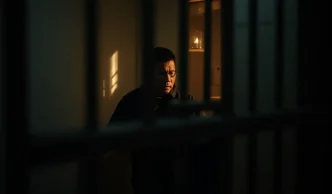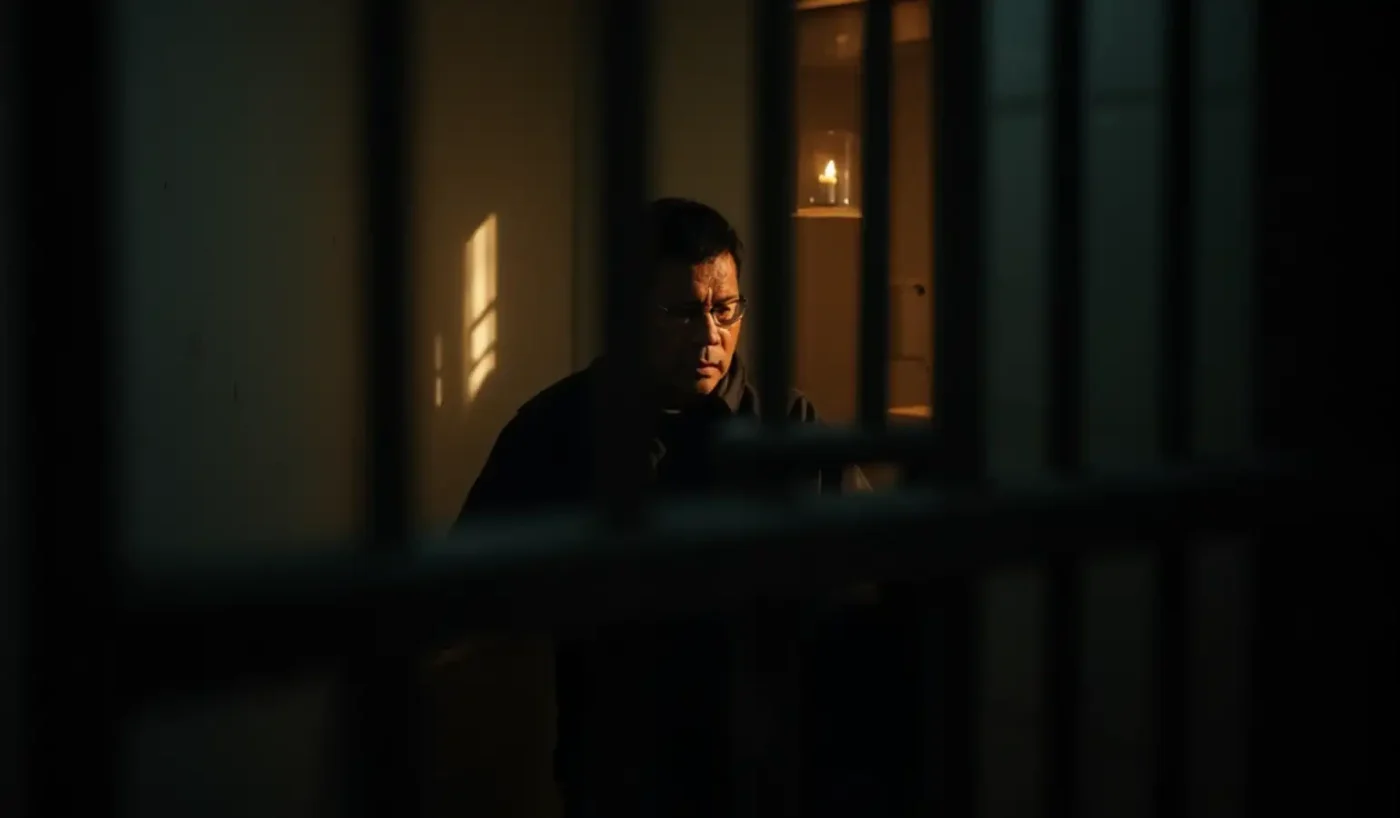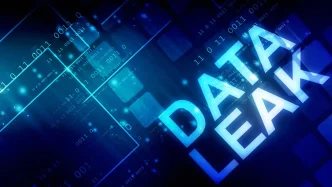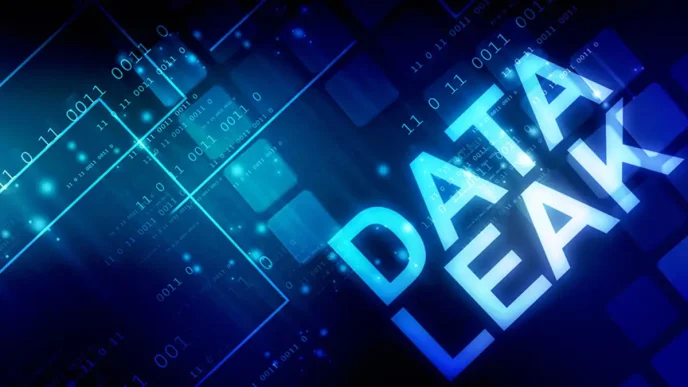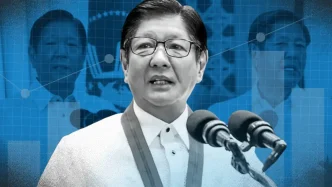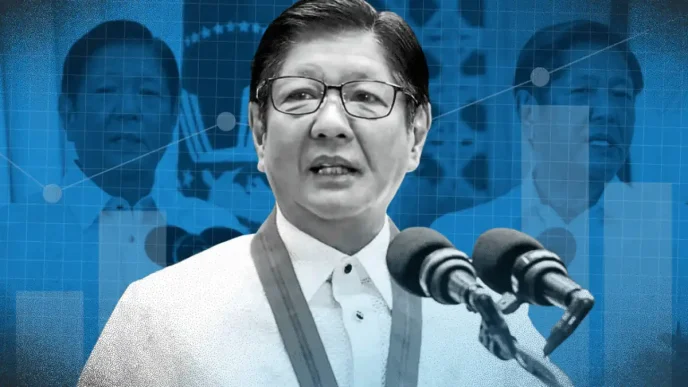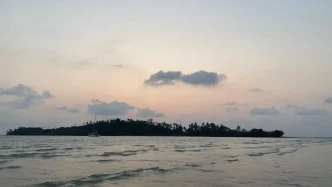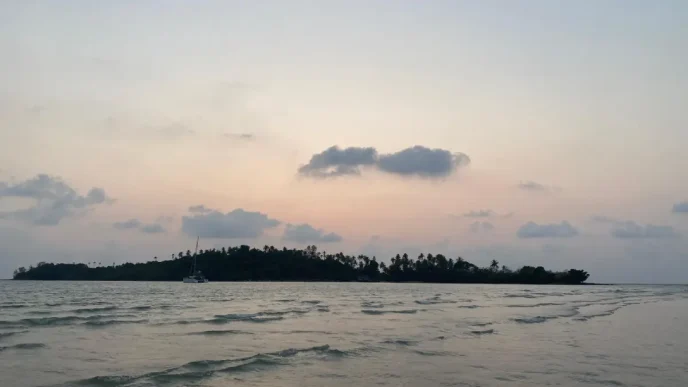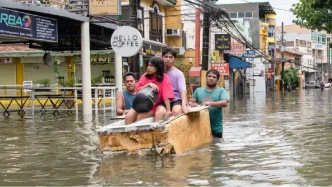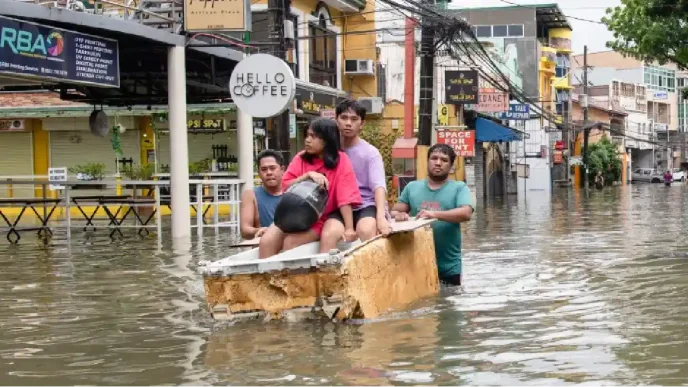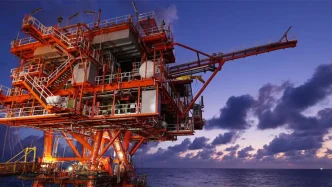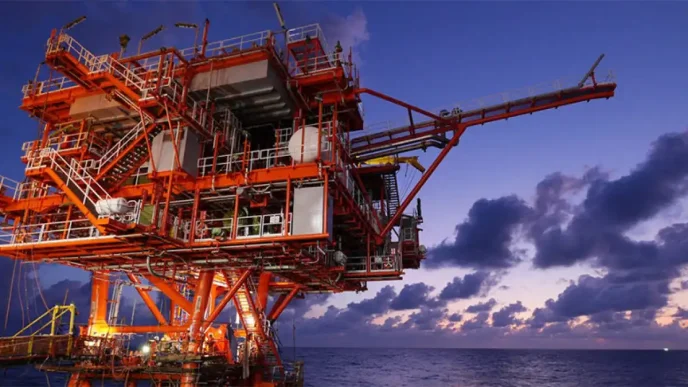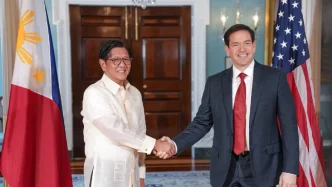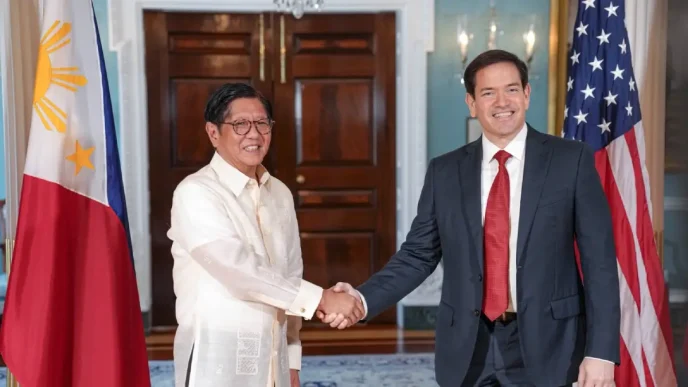Former Philippine President Rodrigo Duterte is still being held at the International Criminal Court (ICC) detention center in The Hague, Netherlands, despite circulating rumors of his release, a court official confirmed on July 25, 2025. The statement comes as speculation and unverified reports continue to swirl around the high-profile case involving allegations of crimes against humanity during Duterte’s brutal anti-drug campaign.
Official Confirmation of Detention Status
The ICC has moved to quash rumors regarding Duterte’s status, with a clear statement from the court’s Public Information and Outreach Section. Caroline Maurel, an outreach officer, informed reporters via text message that there has been no change in the former president’s situation. “I can confirm that there is no change in the status of Mr. Duterte. He is still in the ICC detention center” Maurel stated, relaying the words of ICC spokesperson Fadi El-Abdallah on July 25, 2025.
Maurel further clarified that any release of a suspect from ICC custody would be immediately and officially communicated to the press, underscoring the court’s commitment to transparency in such high-profile cases. This response was prompted by unverified reports suggesting Duterte had been freed, which have gained traction in recent days but lack substantiation from credible sources.
Family and Legal Team Remain Silent or Cautious
Adding to the uncertainty, Vice President Sara Duterte, the former president’s daughter, has declined to address the rumors directly. While in The Hague at the time of the reports, she acknowledged awareness of the situation but refrained from commenting, citing uncertainty about whether she was permitted to speak on the matter at her level. Her reticence has done little to dispel the speculation, leaving the public and media to rely solely on official ICC statements for clarity.
Meanwhile, Duterte’s legal team has been active in pursuing avenues for his interim release. On June 12, 2025, his counsel submitted an appeal for urgent interim release, claiming that an undisclosed government had expressed a preliminary agreement to receive him. However, details of this arrangement remain opaque, and no further confirmation has been provided by either the ICC or the defense regarding the identity of the government or the status of negotiations.
ICC Proceedings and Deferment of Release Decision
In a recent development, ICC Pre-Trial Chamber I granted a request from Duterte’s legal team to defer the decision on his appeal for interim release. In a filing made public on the evening of July 24, 2025, Presiding Judge Iulia Antoanella Motoc noted that the deferment was approved by a majority of judges. The decision to postpone will remain in effect until either the defense takes further action or the chamber determines an appropriate time to revisit the matter.
Importantly, the chamber emphasized that this deferment should not be interpreted as a prejudgment of any issues related to Duterte’s broader appeal or the ongoing proceedings. This cautious stance reflects the ICC’s efforts to maintain impartiality while navigating the complex legal and political dimensions of the case, which has drawn significant international attention.
Background of Allegations and Arrest
Duterte’s detention at the ICC stems from allegations of crimes against humanity linked to his administration’s controversial war on drugs, launched during his presidency from 2016 to 2022. The campaign, known as Oplan Tokhang, targeted suspected drug users and dealers with extreme measures, resulting in widespread violence and loss of life. Official figures from the Philippine government cite at least 6,000 deaths during the operation, though human rights organizations estimate the toll could be as high as 20,000, pointing to extrajudicial killings and systemic abuses.
The ICC took custody of Duterte following his arrest and transfer to The Hague earlier in 2025, marking a significant escalation in international efforts to hold him accountable for the alleged atrocities. His initial appearance before the court on March 14, 2025, captured global attention, symbolizing a rare instance of a former head of state facing such charges at the international level. The case has polarized opinions in the Philippines, with some viewing it as a necessary step toward justice, while others see it as an infringement on national sovereignty.
Political and Social Implications in the Philippines
The ongoing detention of Duterte continues to reverberate through Philippine politics and society. His presidency was marked by a populist style that resonated with many Filipinos frustrated by crime and corruption, yet it also alienated significant segments of the population and the international community due to its human rights record. The ICC case has reignited debates over accountability, with activists and victims’ families pushing for justice, while Duterte’s supporters argue he was addressing a critical national issue with decisive action.
Vice President Sara Duterte’s involvement, even peripherally, adds another layer of complexity. As a prominent political figure and potential future leader, her actions and statements—or lack thereof—regarding her father’s case are closely scrutinized. Her presence in The Hague during this period raises questions about the extent of family influence on the legal proceedings, though no evidence suggests direct intervention or impropriety on her part.
Moreover, the case has strained the Philippines’ relationship with the ICC. The country withdrew from the court’s jurisdiction in 2019 under Duterte’s leadership, citing bias and political motivations. Despite this, the ICC maintains that it retains jurisdiction over crimes committed while the Philippines was a member state, a legal stance that continues to be a point of contention between Manila and The Hague.
International Context and Human Rights Focus
Duterte’s case at the ICC is emblematic of broader global efforts to address impunity for human rights violations, particularly in contexts where national mechanisms for accountability are perceived as insufficient. The war on drugs in the Philippines drew widespread condemnation from international bodies, including the United Nations, which documented patterns of extrajudicial killings and urged independent investigations.
The ICC’s handling of Duterte’s detention and legal proceedings is being closely watched as a test of the court’s ability to prosecute high-ranking officials. Critics of the ICC often point to its limited success in securing convictions against powerful figures, while supporters argue that cases like Duterte’s are crucial for reinforcing the principle that no one is above the law. The outcome of this case could set significant precedents for how international justice mechanisms address state-sponsored violence and the responsibility of leaders.
Challenges in Verifying Information Amid Rumors
The spread of unverified reports about Duterte’s release highlights the challenges of managing information in high-stakes international cases. In an era of rapid digital communication, misinformation can easily gain traction, complicating public understanding of legal processes that are often slow and technical in nature. The ICC’s prompt clarification serves as a reminder of the importance of relying on official sources for updates on such matters, particularly when the stakes involve international law and human rights.
While social media platforms like X have been abuzz with speculation, no credible posts or hashtags directly attributable to verified accounts have emerged to substantiate claims of Duterte’s release. This absence of concrete evidence underscores the need for caution in reporting and public discourse, ensuring that only verified information shapes the narrative around this sensitive case.
Looking Ahead: Unresolved Questions
As Rodrigo Duterte remains in ICC custody, several questions linger about the trajectory of his case. Will the deferment of the interim release decision lead to a prolonged detention, or will new developments from the defense or an undisclosed government alter the situation? How will the Philippine government, under current leadership, navigate its relationship with the ICC as the case unfolds? And, perhaps most critically, what impact will the outcome have on the pursuit of justice for the thousands affected by the war on drugs?
For now, the international community and Filipino citizens alike await further clarity from The Hague. As legal proceedings continue, the balance between accountability and sovereignty remains a central tension, with Duterte’s detention serving as a focal point for broader debates about human rights and the rule of law in the Philippines and beyond.

